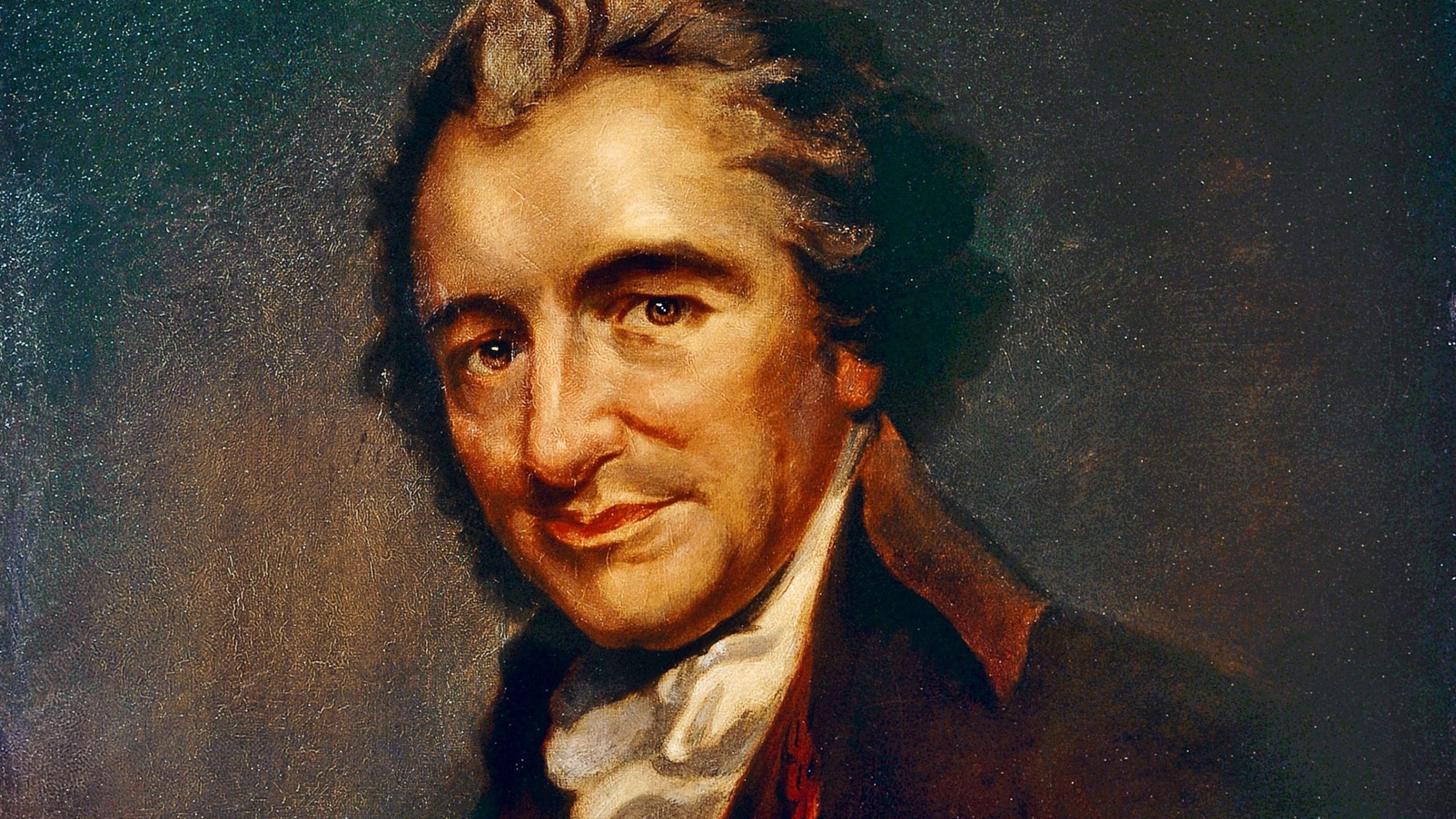This “national divorce” series will continue with more essays, and as I will remind you, it has been a topic of mine for several years before Donald Trump, and which I have collected under the Category “Dark Alley”
Congresswoman Marjorie Taylor Green suggested an American Divorce in 2022.
I’m not sure if Rep Green was viewing this divorce geographically, as between states, say Oregon and Idaho, which is beginning to brew now, or between permanent institutions, Government versus the People?
As my favorite cowboy deputy, Festus Haggens used to say, “That remains to be saw.”
But it is real, and to some extent permanent, and the original Founders saw and understood these differences from the outset. That is what made the Constitution such an amazing document from the outset; that the men assembled to create it knew that there were colonies represented there that would never be able to abide the way people of other colonies preferred to live and govern. Imagine John Adams and Thomas Jefferson agreeing on anything, yet each understood the other’s strengths and weaknesses. Adams was seen as smug and arrogant, consistent with his Puritan lineage, and even today, with Massachusetts’ down-the-nose attitude toward much of the rest of America, compared to Jefferson who was distant and aloof, more interested in philosophy than politics, a Virginia plantation owner who lived in the manner of the French nobility. It was Adams who organized the Continental Convention that wrote the Declaration, then it was he who argued with Jefferson, 8 years younger than himself, to write it.
Many years later, Adams recorded his exchange with Jefferson:
Jefferson asked, “Why will you not? You ought to do it.” To which Adams responded, “I will not – reasons enough.” Jefferson replied, “What can be your reasons?” and Adams responded, “Reason first, you are a Virginian, and a Virginian ought to appear at the head of this business. Reason second, I am obnoxious, suspected, and unpopular. You are very much otherwise. Reason third, you can write ten times better than I can.” “Well,” said Jefferson, “if you are decided, I will do as well as I can.”
So it was that Jefferson submitted his “Declaration” to the Continental Congress, where it was debated and altered, only no record of those alteratations were ever recorded. Jefferson is largely credited with the Preamble while the rest of the Congress, under the guidance of Adams, wrote the bill of particulars, which was very lawyer-like. The committee contained four lawyers, and one non-lawyer, Benjamin Franklin.
This is an interesting period of our history to review, for both Adams and Jefferson have taken a beating with some generations in the 20th-21st Century. And Adams was no well thought of outside of New England. His presidency, one-term only, his biggest opponent, Thomas Jefferson, and the Alien and Sedition Act. If Wis any indicator, I’d say John Adams is on the rebound, although I’d say that Jefferson has not seemed to gain any lost ground. Probably the best summary of the Adams term would be found in Schweikart & Allen’s A Patriot’s History of the United States, pgs 149-154, that deals with Adams-the-President more fairly than most, including me.
Ben Franklin summed up what many thought of Adams, saying “He means well for his country, is always an honest man, often a wise one, but sometimes, and in some things, absolutely out of his senses.”
Adams went on to get the presidential nod after George Washington stepped down in 1801, but only for one term, having been defeated by arch-rival Thomas Jefferson. And he’d done some unpopular things, high among them, the Alien and Sedition Act, which popular opinion imagined was aimed at political enemies of Adams as much as France.
One of my favorite historical fiction writers was Kenneth Roberts, of Maine. He was a very popular “Tory” novelist who wrote an award winning novel, Northwest Passage in 1937 about Roger’s Rangers, who fought for the British during the French and Indian War. He had already established his Tory leanings with Arundel about volunteers in a town in Maine signing onto to assist Benedict Arnold in assaulting the Citadel in Quebec in 1775 (true history) when Arnold was still on our side. Then he wrote Rabble in Arms in 1933, a sequel to Arundel, explaining how Arnold had led the victory at the Battle of Saratoga, only credit was given to another general by the Continental Congress. So he flipped sides.
Later in 1937 Roberts wrote Lydia Bailey, a story about the Haitian revolt, which caused Napoleon to lose his launching pad to attacking New Orleans, thus causing him to instead, sell Louisiana to Thomas Jefferson, precipitating America’s great westward movement. Lydia Bailey’s story began with a criminal suit in court in New England over the Alien and Sedition Act.
Kenneth Roberts was no fan of John Adams. Such was Adams’ lot, especially squared off with Thomas Jefferson all those years. But it seemed, as they grew older in retirement, they mellowed, even exchanging letters, cordial ones. And as if a sign from God, they both died on July 4th, 1826.




